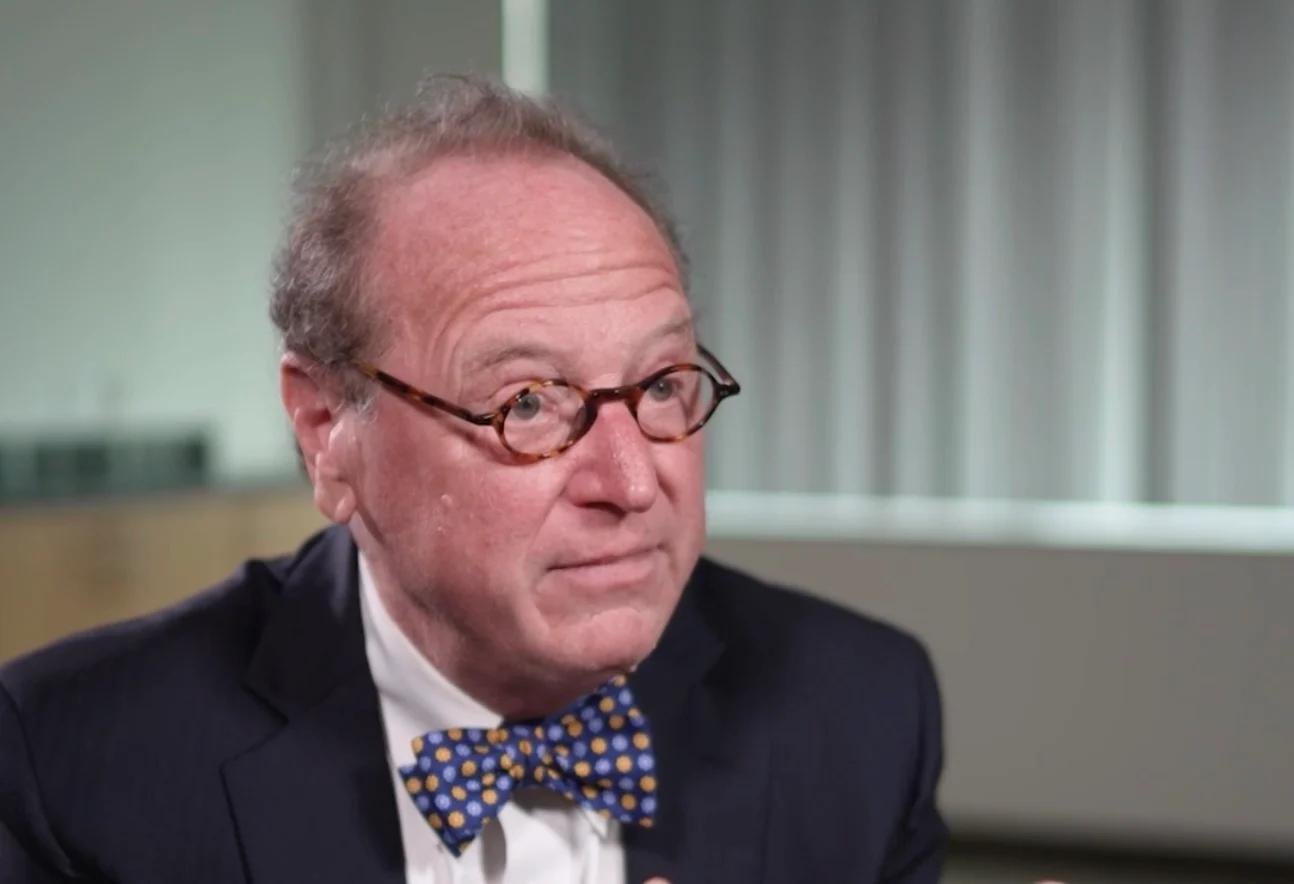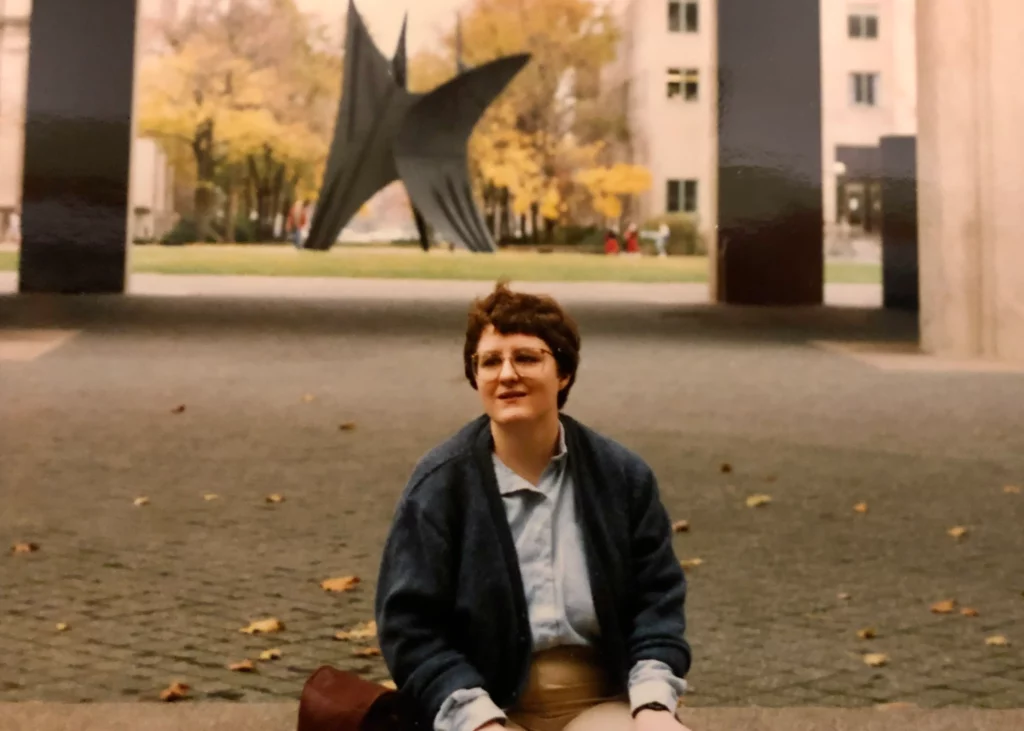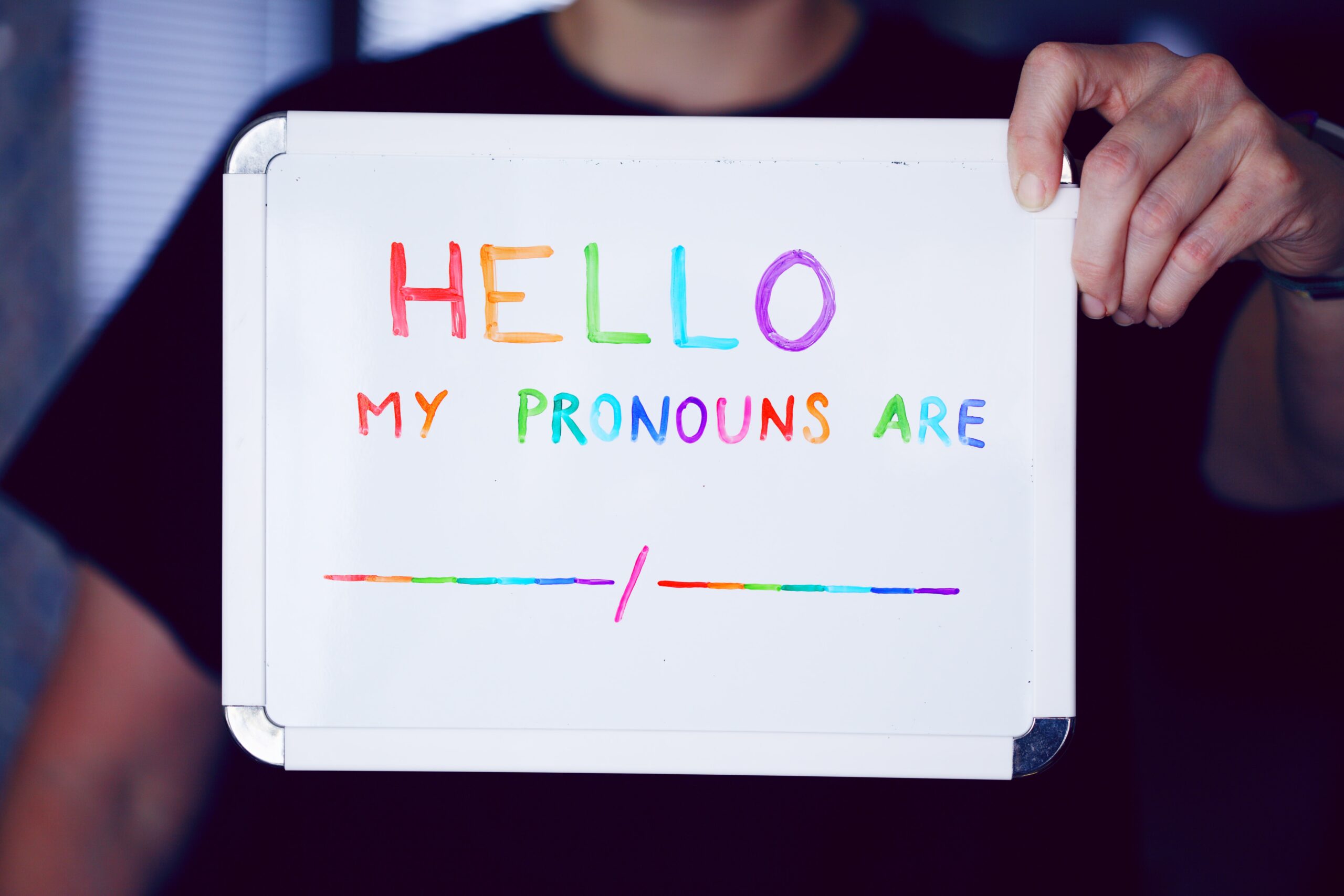Resource Details
Resource Format
Categories
Share:
Autism is commonly associated with childhood, the assumption being that if a person is autistic they will have received that diagnosis when they were young. This is not always the case. Some adults struggle with the symptoms and challenges associated with autism but have never received a formal diagnosis.
The increased awareness of autism and associated neurodivergent traits in adults has led many to seek testing and/or a diagnosis. Adults often consider autism when a person in their family is diagnosed and they recognize autistic traits in themselves. Because autism was long assumed to be more common in boys and men, it has traditionally been underdiagnosed in girls and women, who may still find getting a diagnosis as an adult particularly challenging.
Who can diagnose autism in adults?
Adults seeking a formal diagnosis can consult with their primary care provider, a psychiatrist, a psychologist, or a social worker to understand how best to seek an evaluation. A psychiatrist (MD), psychologist (PhD), or neuropsychologist (PhD) usually makes the medical diagnosis of autism spectrum disorder (a full neuropsychological evaluation is not required). A medical diagnosis is necessary, however, to apply for any disability benefits on the basis of an autism diagnosis.
In this video, Dr. Chris McDougle, Director of the Lurie Center for Autism, discusses the process of seeking an autism diagnosis as an adult.

Where to learn more about an adult diagnosis
The Association for Autism and Neurodiversity (AANE) has advice for adults seeking a diagnosis. They offer information on why a person might (or might not) want to seek a diagnosis, and what an ASD diagnosis as an adult means across the lifespan. The website also provides useful advice on finding resources for help and how to talk about being autistic with family, friends, and employers. AANE also has many online groups that provide support and a sense of community for neurodivergent adults, as well as for their caregivers and families, regardless of whether they have a formal autism diagnosis.
More resources
Autism Speaks Adult Diagnosis Tool Kit This resource explains the diagnostic process, has links to clinicians who can diagnose ASD, and provides other information useful to those considering pursuing a formal ASD diagnosis.
Formal Diagnostic Criteria for Autism The medical criteria that clinicians use to diagnose autism.
Making Sense of the Past as a Late-Diagnosed Autistic Adult by Katie Rose Guest Pryal in Psychology Today
After all these years I finally understand that there’s a scientific reason for the way I am different, and that I didn’t do anything wrong by being this way.
—Maggie C., autistic adult

Resources
Explore more topics such as medical conditions common in people with autism, how autism is different in females, and strategies for staying healthy.






